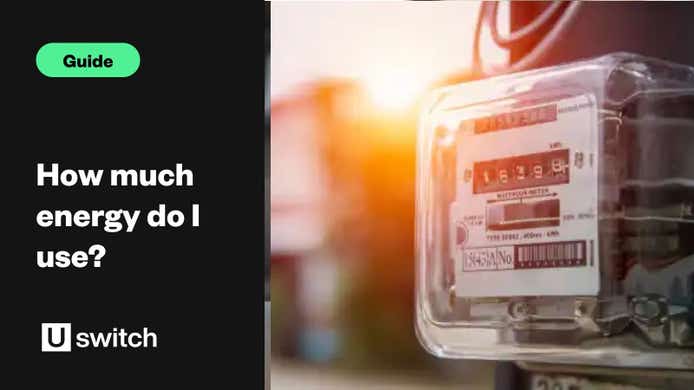New research from Uswitch has revealed increased friction regarding homes’ energy usage in a world of high gas and electricity bills, with more than half of households falling out every week.
Leaving lights on in empty rooms causes an average of 57 fights a year, with about three in ten households arguing each week about the bad habit, which is estimated to add nearly £11 a year to energy bills.
The next biggest source of household energy conflict is the television being left on when no one is watching it, which causes 45 arguments a year. Parents claim they turn off the TV 218 times a year on average.
What do households argue about most often?
The table below shows the most common sources of conflict.
| Issue | Arguments per year | Percentage of households arguing at least once a week |
|---|---|---|
| Leaving lights on in empty rooms | 57 | 31% |
| Leaving the TV on with no one watching | 45 | 24% |
| Cost of heating | 41 | 22% |
| Leaving open doors to the outside | 37 | 19% |
| Energy bills | 35 | 20% |
| Keeping appliances on standby | 34 | 18% |
| The temperature of the thermostat | 33 | 17% |
| Too much time spent on games consoles | 32 | 15% |
| Having the heating on when people aren’t wearing a jumper | 32 | 19% |
| Leaving windows open | 31 | 17% |
| Cost of showers and baths | 28 | 17% |
| Leaving the fridge door open | 27 | 14% |
| Using the tumble dryer | 24 | 12% |
In happier news, though, almost half of households reported that kids are helping to save energy around the house. One in eight parents (12%) with children aged five to 17 say that their kids are better at turning off lights and gadgets than they are.
Natalie Mathie, energy expert at Uswitch, said: “Getting into good energy habits as a household can save a lot of money, and it’s important to remember that everyone in the home can play their part.
“Simple changes such as turning off lights or TVs when not in use, unplugging devices from standby where possible or shutting windows and doors during colder months can all make a difference.
“You can’t always tell if changing your habits is making a difference until you see your bill – unless you track your usage. People using the Utrack app, which connects to their smart meter, can see the impact on their bills with hourly graphs, comparing gas and electricity use by day, week, month and year.”




